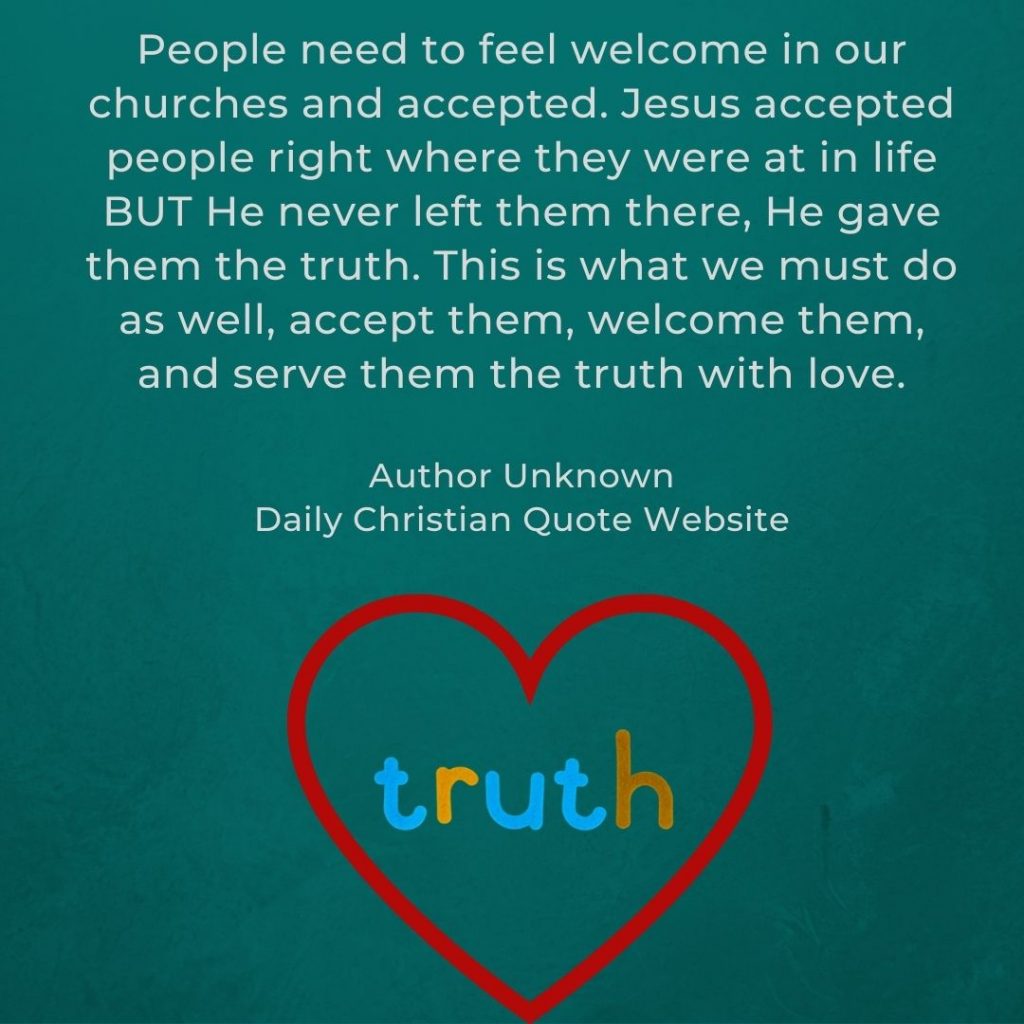Sin demands to have a man by himself. It withdraws him from the community. The more isolated a person is, the more destructive will be the power of sin over him, and the more deeply he becomes involved in it, the more disastrous is his isolation. Sin wants to remain unknown. It shuns the light. In the darkness of the unexpressed it poisons the whole being of a person. This can happen even in the midst of a pious community. In confession the light of the gospel breaks into the darkness and seclusion of the heart. The sin must be brought into the light. The unexpressed must be openly spoken and acknowledged. All that is secret and hidden is made manifest. It is a struggle until the sin is openly admitted, but God breaks gates of brass and bars of iron (Ps. 107:16). Since the confession of sin is made in the presence of a Christian brother, the last stronghold of self-justification is abandoned. The sinner surrenders; he gives up all his evil. He gives his heart to God, and he finds the forgiveness of all his sin in the fellowship of Jesus Christ and his brother. The expressed, acknowledged sin has lost all its power. It has been revealed and judged as sin. It can no longer tear the fellowship asunder. Now the fellowship bears the sin of the brother. He is no longer alone with his evil for he has cast off his sin in confession and handed it over to God. It has been taken away from him. Now he stands in the fellowship of sinners who live by the grace of God and the cross of Jesus Christ. The sin concealed separated him from the fellowship, made all his apparent fellowship a sham; the sin confessed has helped him define true fellowship with the brethren in Jesus Christ.
Accountability
Author Unknown
Skip Heitzig
Legalism points the finger. Grace opens wide its arms and seeks to restore. Legalism loves condemnation, Grace loves restoration. “So you messed up, so did I. Come on in. We want to get around you, we want to lift you up, we want to restore you. We may get in your business and get honest with you, but we want to restore you back to fruitfulness. We don’t just want to point out your faults, we want to restore you.”
Bill Johnson
Anytime you get rid of the designer, the creator, if you don’t have a designer, you can’t have design. If there’s no such thing as design, there’s no such thing as purpose. If there’s no such thing as purpose, there’s no such thing as destiny. Once you destroy the concept of a destiny, you’ve destroyed the concept of accountability, which is at the root of the fear of God. We live in a culture that is absent of the fear of God. And we don’t get it back by threatening people.
Soren Kierkegaard
The Bible is very easy to understand. But we Christians are a bunch of scheming swindlers. We pretend to be unable to understand it because we know very well that the minute we understand, we are obliged to act accordingly.
Jenn Johnson
Have people in your life that will chase you and come after you with love when you are struggling or not at your best.
Rob Coscia
Much of what’s claimed to be “iron sharpening iron” is just blunt force trauma.
John Climacus
Just as a tempered metal can sharpen soft or rusty metal, so can a zealous brother set a tepid one on the right track.
Kris Vallotton
Independence, fear, and pride all keep us from the deep relationships that we need with God and His people. It is so important that we have people in our lives that we trust more than we trust ourselves. Do you have a relationship with someone you would trust with your life? If that person told you that you have a problem, and you were blind to it, would you believe that person even though it didn’t feel true? We need to build these kinds of relationships to keep us safe so we can live on the radical edge.
Author Unknown
Early African converts to Christianity were earnest and regular in private devotions. Each one reportedly had a separate spot in the thicket where he would pour out his heart to God. Over time the paths to these places became well worn. As a result, if one of these believers began to neglect prayer, it was soon apparent to the others. They would kindly remind the negligent one, “Brother, the grass grows on your path.”
